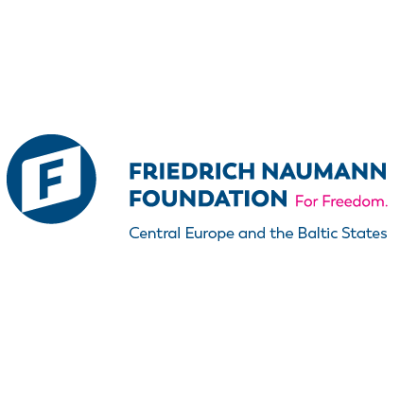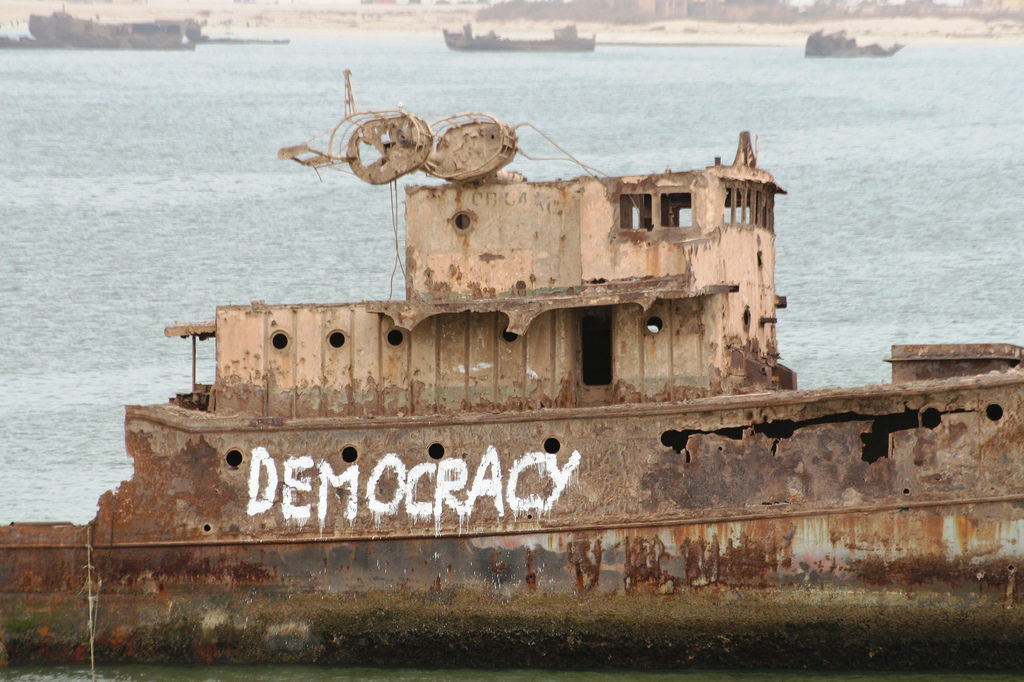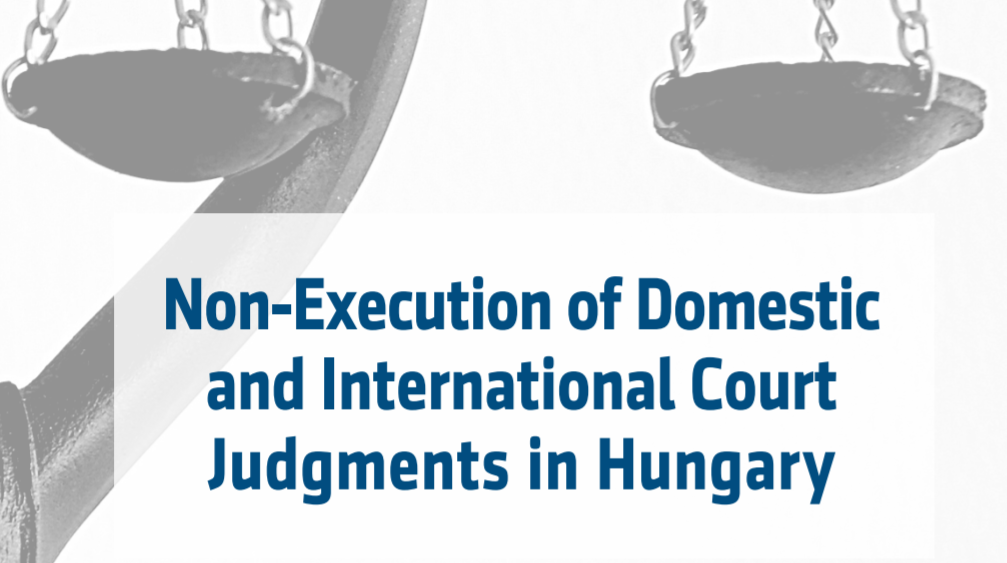ABOUT Friedrich Naumann Foundation for Freedom
Friedrich Naumann Foundation for Freedom is the foundation for liberal politics in the Federal Republic of Germany. It aims to promote the goal of making the principle of freedom valid for the dignity of all people and in all areas of society, both in Germany and abroad. With the safeguarding and the development of its statutory projects (civic education and dialogue, sponsorship of the talented, research and political consultation, archive-work), the Friedrich Naumann Foundation wants to contribute to shaping the future.












